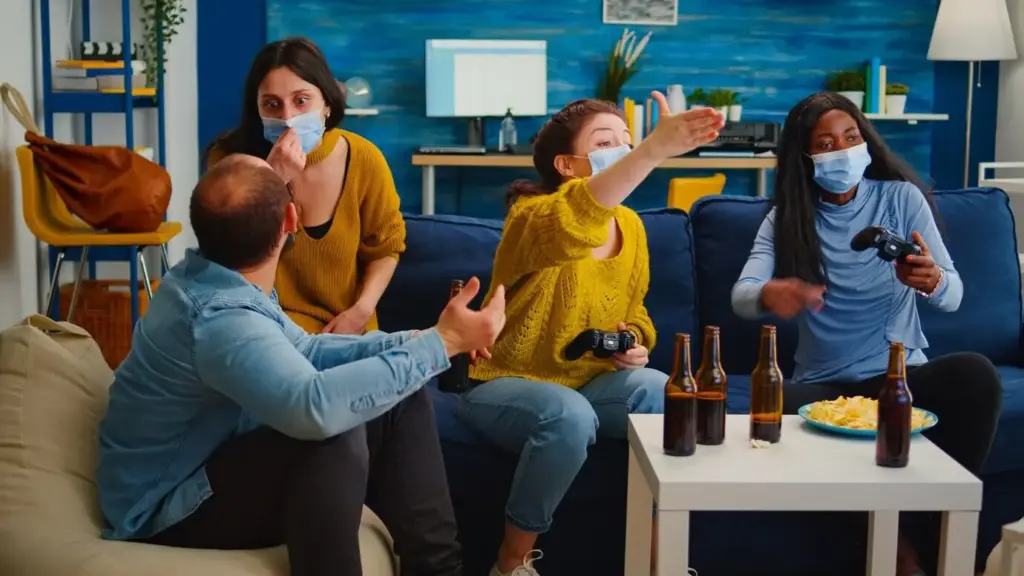From Lobby to Legacy: Careers Powering Modern Gaming
Roles Unmasked: What Really Happens Behind the Matches


Game Masters: Architects of Fair, Immersive Play
From rules interpretation to pacing, Game Masters safeguard immersion and fairness during live sessions and events. Picture a late-night tabletop league where a quick ruling defuses rising frustration, then evolves into a follow‑up patch note for consistency. Their calm, transparent reasoning sets expectations, builds respect, and quietly protects everyone’s best possible experience, round after round.


Tournament Organizers: Operations, Logistics, and Showtime
Schedules, brackets, staffing, player briefings, and broadcast alignment fall on these steady hands. Imagine a sudden server outage minutes before semifinals; a prepared organizer reroutes lobbies, updates overlays, and communicates delays with empathy. Because logistics are human, not just technical, their credibility grows through clear documentation, proactive contingency plans, and thoughtful hospitality that competitors remember long after trophies.
Skills, Tools, and Learning Roadmaps


Communication and Leadership Under Pressure
High‑stakes environments reward calm voices. Practice concise callouts, empathetic tone, and explicit next steps. A simple “I hear you; here’s our plan and timeline” can stabilize a lobby faster than any script. Build habits through scrim simulations, role rotation, and post‑mortem reviews that highlight accountability, celebrate small improvements, and normalize honest feedback without fear or blame.


Technical Stack: From Admin Platforms to Analytics
Familiarize yourself with tournament tools like Battlefy, Challonge, and Toornament, plus Discord roles, OBS scenes, moderation bots, and overlay workflows. Coaches benefit from VOD tagging, analytics dashboards, and aim trainers. Game Masters document rulings using organized sheets. Treat tools as amplifiers for clarity and collaboration, not replacements for judgment, remembering to write backups and test everything before showtime.
A Day in the Life: From Prep to Post-Match
Game Master: Preparation, Presence, and Reflection
Tournament Organizer: Checklists, Rhythm, and Recovery
Esports Coach: Planning, Feedback, and Growth
Portfolios, Applications, and First Wins
Showcasing Facilitation and Rule Stewardship
Event Case Studies, Budgets, and Metrics
Coaching Reels, Progress Logs, and Testimonials
Building Reputation Through Service and Consistency
Digital Presence: Streams, Reports, and Thought Pieces
Conferences, Leagues, and Volunteering That Opens Doors
Money, Contracts, and Sustainable Careers
Freelance vs. Staff Roles: Trade-offs You Can Plan For
Freelance offers flexibility, variety, and rapid growth, but demands marketing, invoicing, and steady lead pipelines. Staff roles provide stability, mentorship, and benefits, yet may move slower. Decide intentionally using spreadsheets that model income variability, travel fatigue, and learning goals, then align choices with your season of life, personal responsibilities, and appetite for calculated risk.
Health, Burnout, and Workload Rhythms
Events compress time, so protect sleep, nutrition, and movement proactively. Create decompression rituals after long weekends. Leaders normalize sustainable pacing by scheduling breaks and respecting boundaries. Monitor stress signals and speak early. Long careers are built on repeatable, humane routines that keep clarity sharp, kindness available, and creativity ready when unpredictable moments demand your best judgment.
Basics of Agreements, Invoices, and Professional Boundaries
Use clear scopes, timelines, and deliverables. Confirm payment terms, revision limits, and ownership rights in writing. Keep templates for statements of work and invoices. Document decisions in shared channels. When expectations drift, propose structured change orders. Professional boundaries protect relationships by removing guesswork, reducing surprises, and preserving energy for excellent execution rather than rescue operations.